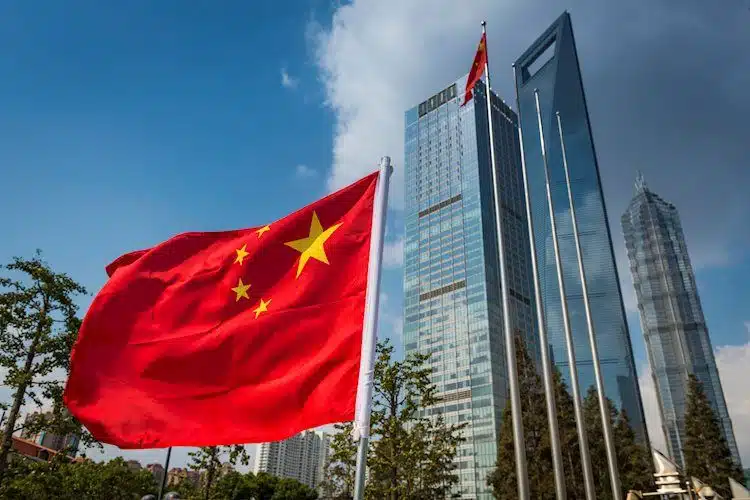Pan Gongsheng, head of China’s State Administration of Foreign Exchange (SAFE), has said that Beijing “will fend off external financial market shocks and risks,” as the nation responds to global economic uncertainty. As part of this strategy, China will “maintain stable operations and healthy order of FX market,” according to Pan.
This recent development signals China’s ongoing commitment to protect its financial markets, specifically trying to reduce the impact of external factors caused by global economic uncertainty. With the current geopolitical landscape characterized by a variety of major conflicts and tensions, including the US-China trade war and Brexit, it is increasingly important for China to focus on maintaining stability in its financial markets. The development also indicates the government’s potential desire to support a stronger yuan to counter global volatility.
One potential way in which China can safeguard its financial markets is by utilizing foreign reserves. As the world’s largest foreign reserves holder, with more than $3 trillion in assets, China has the resources at its disposal to help protect its economy from external shocks. In the past, Beijing has channeled these reserves into various initiatives, such as infrastructure projects and loans, to maintain the growth and stability of the Chinese economy. This strategy has helped to shield the nation’s financial markets from the negative impacts of external events, allowing it to remain resilient in times of global economic uncertainty.
Besides simply pouring money into the market, the Chinese government has also been implementing regulatory measures to limit the impact of external factors on its economy. For example, the government has employed strict capital controls to prevent significant capital outflows and to maintain the stability of the yuan. These controls, ranging from tightened scrutiny on overseas investment to limits on foreign currency conversions, have been an essential tool in ensuring that the nation’s financial markets remain stable and resistant to external shocks.
China has also been actively expanding its relationships with countries around the world to diversify its economic partnerships and reduce its reliance on the US market. By collaborating more closely with nations in Africa, Europe, and Asia, the Chinese government is attempting to create a more stable and diverse economic environment that is less vulnerable to the precise causes of global economic uncertainty.
Despite these efforts, recent data suggests that China’s economy might be slowing down. The nation’s GDP growth in the first quarter of 2019 was 6.4%, meeting expectations but marking a slight dip compared to previous years. This slowdown might be attributable to global economic volatility and external shocks. As the nation’s economic growth begins to wane, the Chinese government’s attempts to shield its financial markets from further impacts become even more critical to the country’s future stability.
Additionally, as the US-China trade war continues to play out, the Chinese authorities may be increasingly motivated to provide additional stimulus measures, such as interest rate cuts or fiscal spending, to support its economic growth. Market analysts are also closely monitoring potential trade agreements between the two nations, as a successful outcome could provide a significant boost to the Chinese economy and might help to alleviate some of the external pressures that are impacting its financial markets.
In conclusion, the Chinese government’s decision to block external financial market shocks and risks demonstrates its ongoing efforts to protect the country’s economy from global economic uncertainty. By employing various strategies, such as utilizing foreign reserves and implementing regulatory measures, Beijing is aiming to maintain stability in its financial markets and support the nation’s growth. As the global geopolitical landscape continues to be filled with conflicts and tensions, it will be crucial for China to remain resilient and proactively defend its markets from any potential negative impacts.


